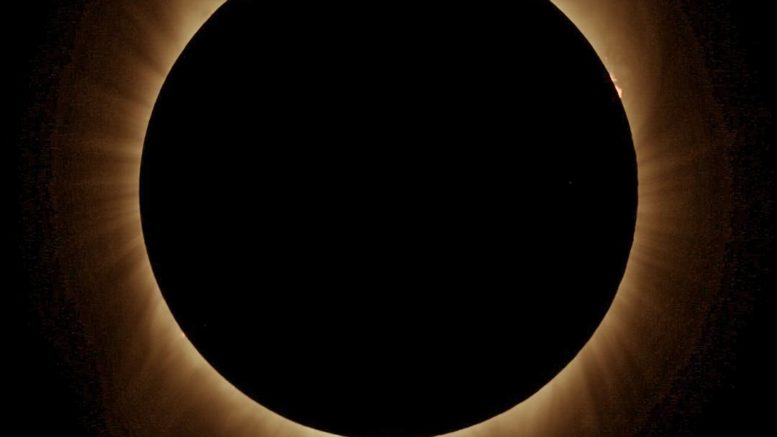With a recent article about how the 2028 Olympics could have been held in Australia to overlap with the upcoming 2028 total solar eclipse, it got us curious about the topic. How often do astronomy events such as comets, meteor showers, and eclipses have happen during Olympics in the past?
The Olympics that we know and love today were restarted after a 1894 meeting, founding of the IOC, and the 1896 games in Athens, Greece. Since 1896, every 4 years, there has been a summer olympics held, with the exceptions of 1916 summer olympics due to WW1, and the 1940 and 1944 due to WW2. The modern Winter Olympics didn’t start until 1924, with stoppages in 1940 and 1944 due to WW2 as well. This leaves a small sample size of 24 Winter Olympics and 30 Summer Olympics, as of this writing in 2024 and this includes the 2024 summer games. The summer olympics are traditionally held in late July or August and the Winter Olympics seem to be held in February.
Where does this leave us for astronomical events? For Meteor Showers, there are meteor showers that happen almost every month. Therefore, viewing a meteor shower depends on when and where the specific Olympics occur. Meteor showers not only vary in intensity per hour but some are only visible in certain geographical areas due to the constellations that they’re in.
For celestial and astronomical events such as Comets, the situation will change due to new comets being discovered. However, what is important is that at this time, the comets that one may and probably will be available would be those that are either periodic or just discovered. What this means is that comets can be like Comet Neowise, which passed close to earth but won’t come close again to the planet. The regularity of these events and visibility vary and are really unpredictable. The other type of comets, periodic comets, have regular rotations, but are often not tracked as often or easily findable as other items on this list.
The last item on this list is an eclipse, which can widely vary due to the type of eclipses and how often they happen. For lunar eclipses, they only occur on average 1 or 2 times a year, with solar eclipses occurring anywhere from 2 to 5 taking place per year. Not every solar eclipse is a total solar eclipse, with a total solar eclipse occurring roughly once every 18 months. Total solar eclipses are seen every 400 years from any one place on the surface of the Earth. There have been several instances where the Olympics have overlapped, such as the Winter Olympics of 1952, 1980, and 2018, plus the Summer Olympics of 1908, 1956, 1960, 2008, and 2018. But for these locations, the total solar eclipses were in a different location than the actual eclipse. We will discuss eclipses and the Olympics in a different article.
Now you know more about the astronomy events that can occur during an Olympics! Make sure to follow us on Twitter and Instagram, and make sure to check out other articles this for more amazing content like this.

Excellent piece! Your thorough work is much appreciated.